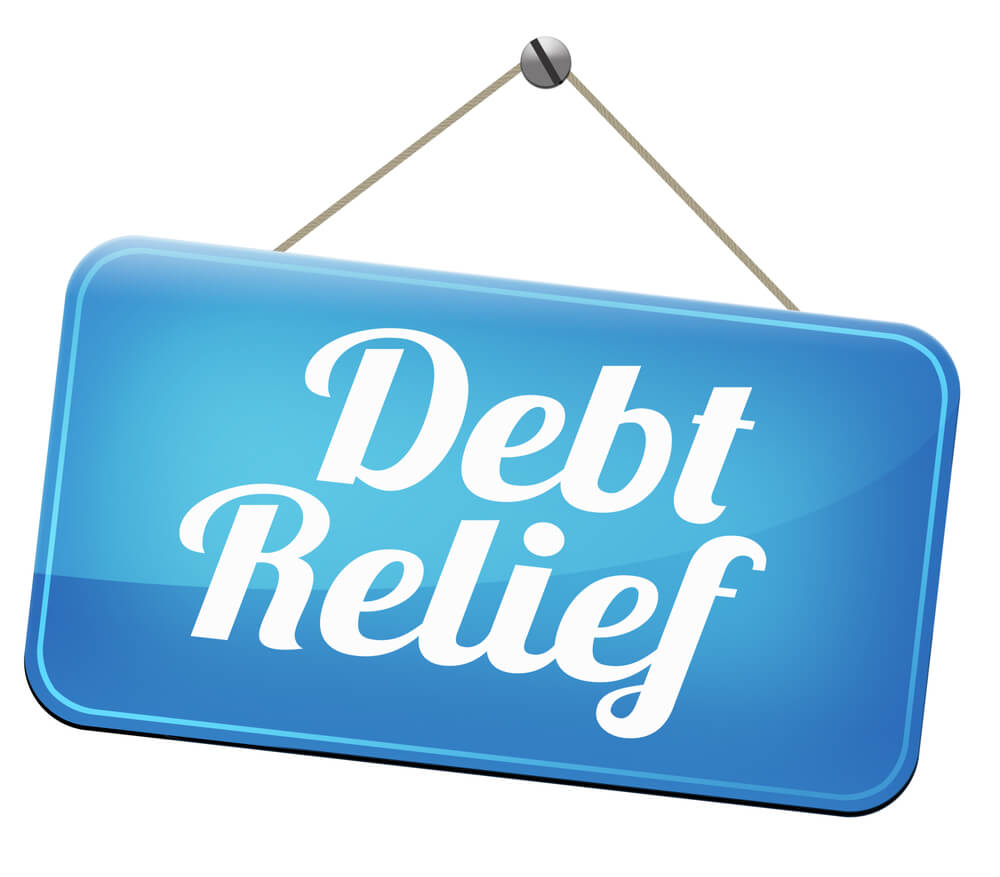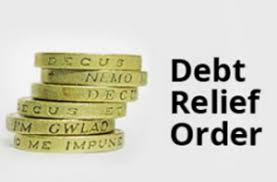What is a debt relief order?

A debt relief order, also referred to as a DRO, is one way that you can manage your debts if you do not own your home, do not have a lot of spare income and your debts amount to £20,000 or less.

It must be noted that some debts of debt do not count towards this limit, so you will have to do some research into with you are eligible before going ahead with seeking out debt relief. If you are unsure about your eligibility or if debt relief order, you should speak to a DRO adviser. You can find a DRO adviser at most Citizens Advice Bureaux.
Guarantor Loan Comparison investigates further.
Key Facts about Debt Relief Order
Here are some keys things you need to know about debt relief order. For instance, whilst a DRO is in force:
- You do not have to make any payments towards most types of debt included in your DRO.
- Your creditors cannot force you to pay off any of those debts.
At the end of the DRO period, which is usually around a year your debts will be written off completely. In addition, you will still be responsible for paying off any debts which are not included in the debt relief order, since DROs do not cover all debts, as mentioned previously.
Applying for a Debt Relief Order
There will be a fee of £90 to apply for a debt relief order and if you find yourself unable to pay this fee, you may be able to get help towards the cost from certain charities.
You have to go to a DRO adviser, which is also known as an approved intermediary. This is because you cannot make an application and submit it on your own. You can find a DRO adviser at most local Citizens Advice Bureaux.
To see if you have been approved, you will simply have to wait for the Official Receiver to tell you whether your applications been successful.
Who is eligible for a Debt Relief Order?
If the following things apply to you, you may be eligible for debt relief order:
- You have become unable to repay or pay off your debts
- Your debts amount to a maximum of £20,000
- You have got £50 or less left over each month once you have paid for your usual household expense, including rent, bills and food etc.
- You do not own your home.
- Other things of value that you own or your savings, known as assets, are worth less than £1,000. Some assets will be ignored when totalling up.
- You do not own a car worth £1,000 or more. However, this does not apply to you if you have a car that has been specially adapted because you have a disability.
- It has to have been at least 6 years since you previously took out a debt relief order and you are currently not going through another formal insolvency procedure, such as bankruptcy or an individual voluntary arrangement (IVA).
- You have lived, has a property, or worked in England or Wales in the last three years.
Furthermore, if you have done any of the following in the last two years before the date of your application, you must declare it legally:
- Given away any of your belongings
- Sold belongings for less them their value. An example of this may be that you have sold a car which is worth £3,000 to a friend for £300.
- Prioritised paying back one creditor over any of the other you had borrowed from.
Be prepared for your DRO application to be refused if any of these do apply to you. They will look at the facts before they make an informed decision, however.
What does a DRO cover?

The debts which can go into a DRO are called qualifying debt include:
- Credit cards
- Overdrafts
- Loans
- Arrears with your rents, utility bills, telephone bills, council tax and your income tax.
- Benefit overpayments
- Hire purchase or conditional sale agreements
- Business Debts
- Buy now – pay later agreements
Debts that do not qualify to go into a DRO include:
- Child support or child maintenance
- Student loans
- Social fund loans
- Magistrates court fines or any kind of confiscation order since these are related to criminal activity
- Compensation for death and injury



